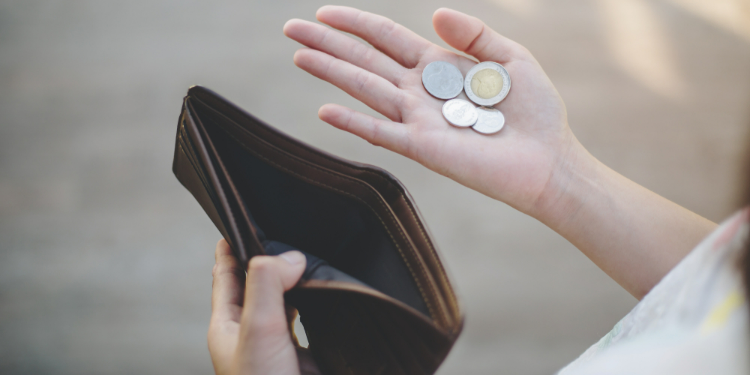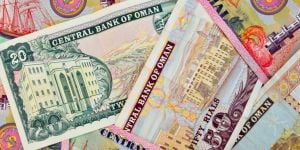
Many expats move abroad not only to have a new experience in a different culture but to save money. However, life as an expatriate might mean having a lot of expenses, especially for those coming from Southern countries where the currency is devalued compared to the Dollar, Euro and Pound, for instance.
Although it is a hard task, saving money is also possible for expats willing to leave their comfort zone by trying to reduce their expenses. Asafe Kerven, a Brazilian expatriate living in London for years now, comments on the cost of living crisis in the UK and how to organize yourself to save money. “I live in a hostel, but expatriates should be aware that the key is accommodation, the ones who plan ahead and find a good location with a price that they can afford will be okay.” Other than that, he mentions that transportation is the second biggest expense in the UK, especially if expats have cars, as oil and petrol prices are rising. “Expats can ride a bike; that will make their lives simpler, depending on the weather, of course”, he advises.
Saving money as an expat
There are different ways to save. Expats can save directly, if they have businesses, they might save by profits, and they also can save indirectly on stocks. The national savings rate incorporates all of these different types of savings. According to Investopedia, the top ten countries by savings rate in 2021 were Macao, the Republic of the Congo, Qatar, Ireland, Brunei, Singapore, Luxembourg, Gabon, the UAE, and China. The analysis sees a connection between economic growth, income, and savings rates. Oil wealth is also associated with higher savings rates. A possible explanation is that as incomes grow, people have more money left to save. While many countries with high savings rates also have high incomes, some of them do not. High economic growth, rather than high incomes, might be a better explanation for high savings rates in some countries.
Relatively low taxes seem to be another factor in high gross domestic savings rates. In theory, lower taxes should lead to higher returns for savers, which would increase the savings rate. In practice, expats who are interested in saving should check the country's interest rate, salary, and cost of living to have an overview of they can save money.
What are the challenges?
Accommodation and living expenses
Expats spend most of their money on accommodation and living expenses such as internet, electricity and water bill, gas, car petrol, transportation and so on. It might be very hard to save money with all these responsibilities to cover. In Spain, although food isn't too expensive, electricity really is. Mitchel, an expat from France, shares his experience: “I paid £200 last month for a 40 m flat, where I live with my girlfriend. It was such a surprise for us; I used to pay less in Paris for example”. Therefore, it's important to search carefully on the cost of living, fees, transportation, and others. Val, an expat from Bolivia who came to study in Madrid, searched her university's name online and thought it was in the city center, as the administration building was. She got an accommodation near it, thinking she could go on foot. One month before going, she realized the faculty of her studies was not even in Madrid but in another city 40 min from she rented. Now she will have to pay more for transportation, something she was not expecting and might not be able to save.
Crisis
Although you are the sort of prepared expat who has a financial plan for saving money and has searched all details about your host country, you still can have a surprise and not be able to save. Economic crisis, inflation, pandemic, and wars, such as the Russian-Ukrainian, can lead countries to drastic changes and increased cost of living. The prices of oil, natural gas, wheat, corn, sunflower oil, fertilizer, lumber, neon gas, aluminum, nickel, titanium, palladium, iron, and steel (together with all products made with these materials) have increased globally in the last months. Sanctions to Russian Oligarchs trying to stop the war have also impacted some companies and, with that, working expats. Besides, expatriates in Russia or Ukraine feel the economic damage strongly. Through sanctions, trade policies, and private investment decisions, Russia will be isolated for years to come. Ukraine must endure the massive displacement of people and the destruction of property.



















